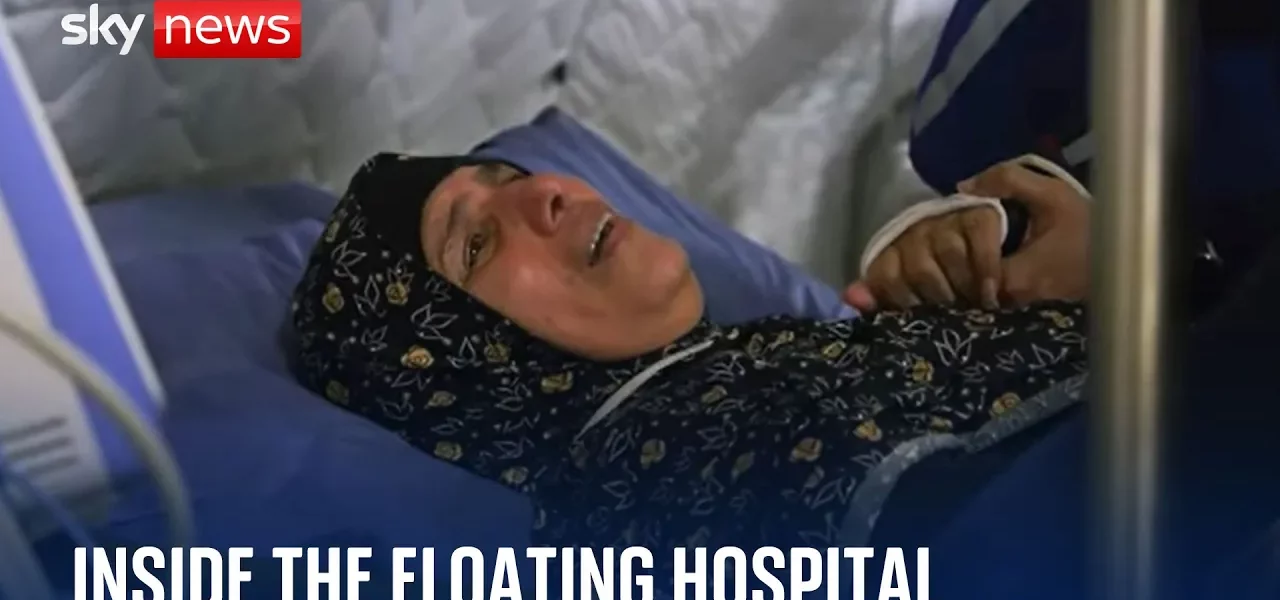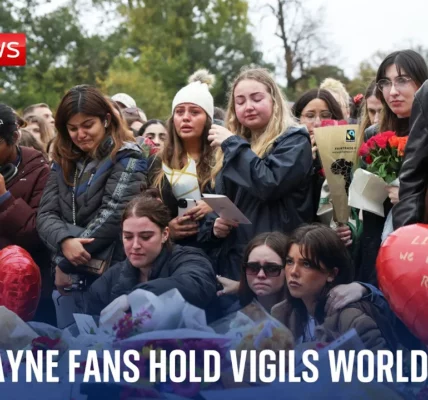The Struggles of Children and Families in Gaza

As the humanitarian crisis in Gaza deepens, families face unimaginable hardships. This article delves into the poignant stories of children suffering from devastating injuries, the challenges of accessing medical care, and the desperate pleas of mothers striving for their children’s well-being.
Introduction
The ongoing conflict in Gaza has brought about a catastrophic humanitarian crisis, with families enduring relentless challenges in securing basic necessities like food and medical care. The heartbreaking tales of mothers and their injured children illustrate the dire circumstances faced by many. As hospitals struggle to keep up with the overwhelming number of casualties, it becomes increasingly evident that specialized care is desperately needed but remains out of reach for most. This article explores the harrowing experiences of individuals affected by the violence, shedding light on their resilience and the urgent need for international support.
Heartbreaking Stories of Innocence Lost
The Impact on Children
Among the most affected are the children of Gaza. One such child, Jihad, suffered grievous injuries when a bomb landed near his family’s tent. His story is emblematic of the trauma that many children face—both physically and emotionally. The loss of his legs and fingers has left him in a state of frustration and pain, yearning for a semblance of normalcy.
- Injuries: Jihad’s injuries illustrate the severity of the trauma experienced by children in conflict zones.
- Emotional Toll: The psychological impact of such injuries can lead to long-term mental health challenges.
Desperate Search for Medical Care
Finding adequate medical assistance is a daunting task in Gaza. With limited supplies and personnel, many injured children, like Jihad, are unable to receive the specialized care they need. In contrast, a floating hospital, organized by the UAE, offers a glimmer of hope. However, only a small number of patients can be treated at this facility, highlighting the logistical challenges of providing care in such a conflicted area.
- Logistical Challenges: Coordinating medical aid in conflict zones is fraught with difficulties.
- Limited Access: Many families remain trapped in Gaza, unable to escape to safety or receive treatment.
Life After Trauma
Adapting to New Realities
For children like Yazen, who have undergone amputations, adapting to life after trauma presents its own set of challenges. Despite being separated from his family during evacuation, Yazen’s determination to engage with peers is a testament to his resilience. He expresses a desire to participate in activities like football, showcasing the spirit of youth amidst adversity.
- Physical Rehabilitation: Recovery involves numerous surgeries and adjustments to prosthetics.
- Emotional Resilience: Many children display remarkable strength in overcoming their circumstances.
The Weight of Grief
For mothers, the emotional weight of their children’s injuries is often unbearable. One mother recounted the loss of her son, who was not permitted to leave with her. The trauma of losing a child in such horrific circumstances adds layers of grief that are difficult to bear. The struggle for survival is compounded by the loss of loved ones, leaving many families in a state of despair.
Seeking Help Amidst Chaos
Humanitarian Aid Efforts
International aid organizations like UNICEF are working tirelessly to provide support, but the scale of the need outstrips the available resources. Many families, like that of Rakan, face a long road ahead filled with medical interventions and the emotional toll of war. Rakan’s story is one of survival, but it comes with the understanding that his life will be forever altered due to the injuries sustained during the conflict.
- Urgent Needs: Basic necessities such as food, water, and medical supplies are critically low.
- Long-Term Support: Ongoing rehabilitation and psychological support are essential for recovery.
Community Resilience
Despite the overwhelming challenges, stories of resilience emerge. Families strive to maintain a sense of normalcy amidst chaos, often relying on community support. Those who have escaped the violence share their experiences and advocate for their loved ones still trapped in Gaza, highlighting the need for continued humanitarian efforts.
Conclusion
The stories of children and families in Gaza underscore the urgent need for humanitarian intervention and support. As the conflict continues, the impact on innocent lives becomes increasingly devastating. It is crucial for the international community to recognize the plight of those affected and to provide assistance to ensure that these families receive the care and resources they desperately need. Join us in advocating for peace and supporting humanitarian efforts that can make a difference in the lives of those suffering in Gaza.
Related Articles
“`




